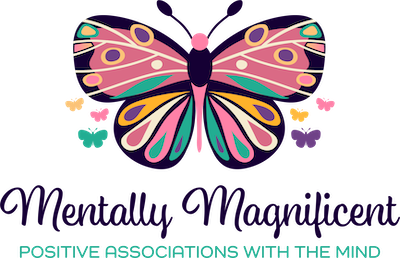Mental health is deeply connected to our daily lifestyle—what we eat, how we move, where we live, and who we surround ourselves with. For African Americans, the conversation around mental well-being must also account for cultural strengths, systemic barriers, and community resilience. Understanding how lifestyle choices can either protect or harm mental health is crucial to building healthier, more empowered lives.
1. Nutrition & Diet
What we eat fuels more than our bodies and powers our brains, too. Diets high in processed foods, sugar, and unhealthy fats have been linked to increased risk of depression and anxiety. Inversely, nutrient-rich diets support brain health and mood regulation. Unfortunately, African American communities are more likely to live in food desert areas with limited access to healthy foods. This makes it harder to maintain a diet that supports mental clarity and emotional balance.
Community gardens, local co-ops, and culturally relevant nutrition education can help bridge the gap and promote dietary habits that improve mood and reduce anxiety or depression.
2. Physical Health
Exercise isn’t just good for physical health—it’s a powerful tool for managing stress, anxiety, and depression. Physical activity increases the body’s natural mood elevators and can help improve sleep quality and self-esteem. However, for many African Americans, systemic barriers make it difficult to maintain an active lifestyle. This impacts the outlet for stress relief and emotional regulation.
Community-based fitness, youth programs, and utilizing green space can make physical activity more accessible, empowering the community.
3. Sleep
Sleep and mental health are deeply connected. Poor sleep can increase mental health issues. Prioritizing good sleep hygiene can drastically improve your sleep. Chronic sleep deprivation is linked to depression, anxiety, and even PTSD. African Americans are statistically more likely to suffer from sleep disorders and shorter sleep duration, influenced by stress and environmental factors.
Encouraging routines that include wind-down rituals, screen-free time, and meditation or prayer can improve sleep.
4. Social Connections
Humans are social creatures, and meaningful connections are essential for emotional health. Isolation and loneliness can lead to depression and anxiety, while supportive relationships can buffer stress and promote resilience. However, stigma around mental health can sometimes prevent open conversations and support-seeking.
Normalizing therapy through supportive people or Black mental health professionals can begin openness and healing. Culturally competent care is also essential in creating safe therapeutic environments.
5. Systematic Stress
Lifestyle choices don’t occur in a vacuum. Systemic racism, economic inequality, and microaggressions contribute to chronic stress, which negatively affects mental health. This lived experience is unique and must be acknowledged when addressing wellness in the African American community.
Practicing self-advocacy, engaging in community activism, and prioritizing joy, rest, and self-care are revolutionary acts of mental health preservation.









